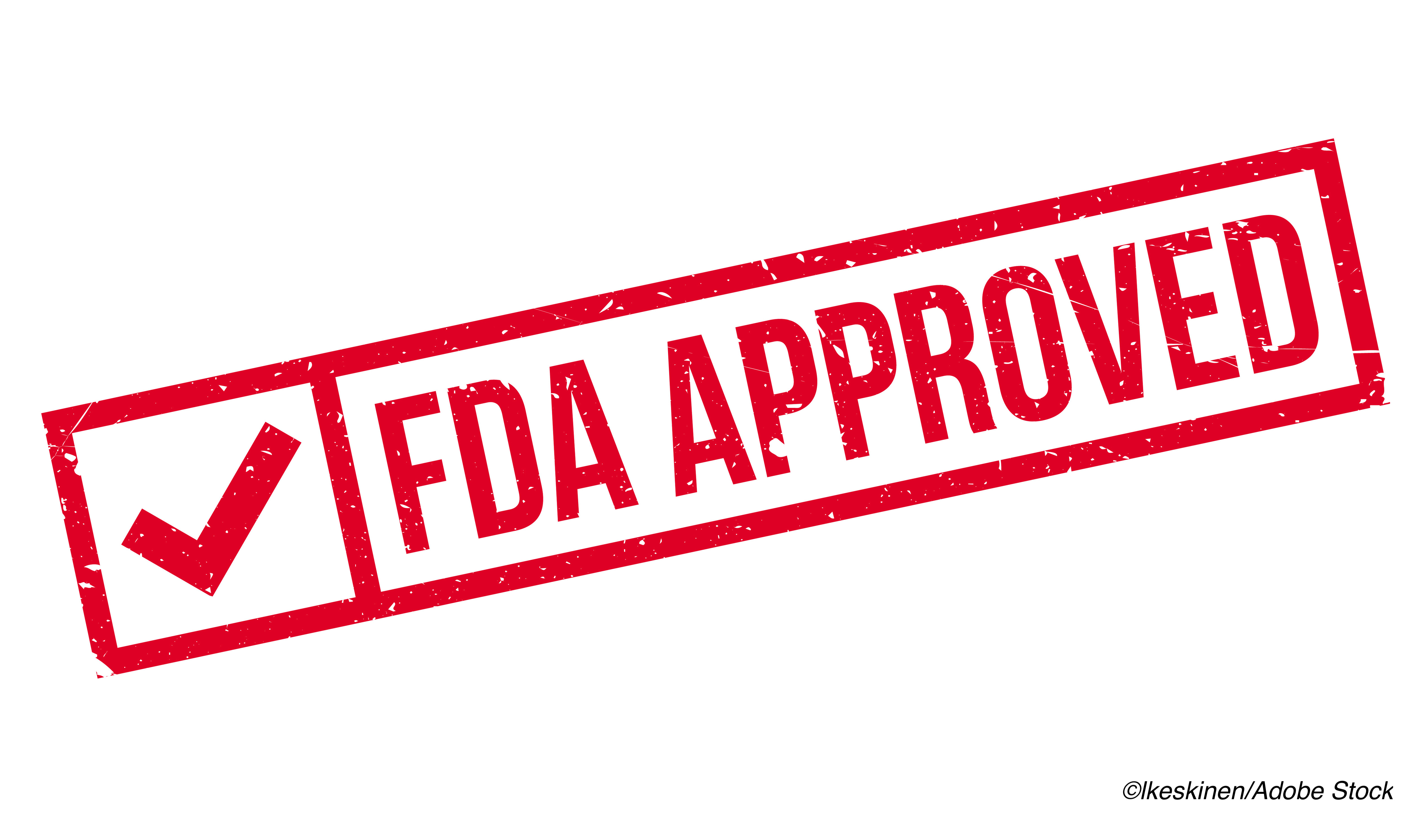The FDA authorized the Cognoa autism spectrum disorder (ASD) Diagnosis Aid, a panel of machine-learning based software designed to assist in the diagnosis of ASD in kids ages 18 months through 5 years.
It is possible to detect ASD as early as 18 months of age; however, the majority of children with ASD don’t receive a diagnosis until much later, leading to delays in treatment and early intervention.
“Autism spectrum disorder can delay a child’s physical, cognitive and social development, including motor skill development, learning, communication and interacting with others. The earlier ASD can be diagnosed, the more quickly intervention strategies and appropriate therapies can begin,” said Jeff Shuren, MD, JD, director of the FDA’s Center for Devices and Radiological Health, in a statement. “Today’s marketing authorization provides a new tool for helping diagnose children with ASD.”
The Cognoa ASD Diagnosis Aid device consists of three parts, the FDA explained: “a mobile app for caregivers and parents to answer questions about behavior problems and to upload videos of their child; a video analysis portal that allows manufacturer-trained and certified specialists to view and analyze uploaded videos of patients; and a health care provider portal that is intended for a health care provider to enter answers to pre-loaded questions about behavior problems, track the information provided by parents or caregivers and review a report of the results.”
If there is enough information for the algorithm to make a call, the ASD Diagnosis Aid gives a positive or negative diagnosis—if there is insufficient information for a positive or negative result, the device will report that no result can be generated. The FDA stressed that the device is intended for use as a diagnostic aid and is not indicated for use as a stand-alone diagnostic device.
This approval was based on results from a study that assessed the Cognoa ASD Diagnosis Aid in a cohort of 425 patients ages 18 months-5 years (average age 2.8 years) at 14 clinical care sites.
“The study compared the assessments made by the device directly against the assessments made by a panel of clinical experts who used the current standard ASD diagnostic process,” the agency explained. “The device provided a ’Positive for ASD’ or ’Negative for ASD’ result to aid in making a diagnosis in 32% of patients. For those with a ’Positive for ASD’ or ’Negative for ASD’ result, the device results matched the panel’s conclusions for 81% of patients who tested positive for ASD by the device and 98% of patients who tested negative for ASD by the device. In addition, the device made an accurate ASD determination in 98.4% of patients with the condition and in 78.9% of patients without the condition.”
As with any device, the ASD Diagnosis Aid comes with risks—namely, the possibility of misdiagnosis or delayed diagnosis of ASD based on a false positive (observed in 15 of 303 subjects without ASD), a false negative (observed in one out of 122 subjects with ASD), or an inconclusive report, all of which could potentially lead to treatment delays or delivery of treatment not appropriate for ASD.
The Cognoa ASD Diagnosis Aid is manufactured by Cognoa, Inc.
John McKenna, Associate Editor, BreakingMED™
Cat ID: 135
Topic ID: 85,135,730,128,135,192,725,925



